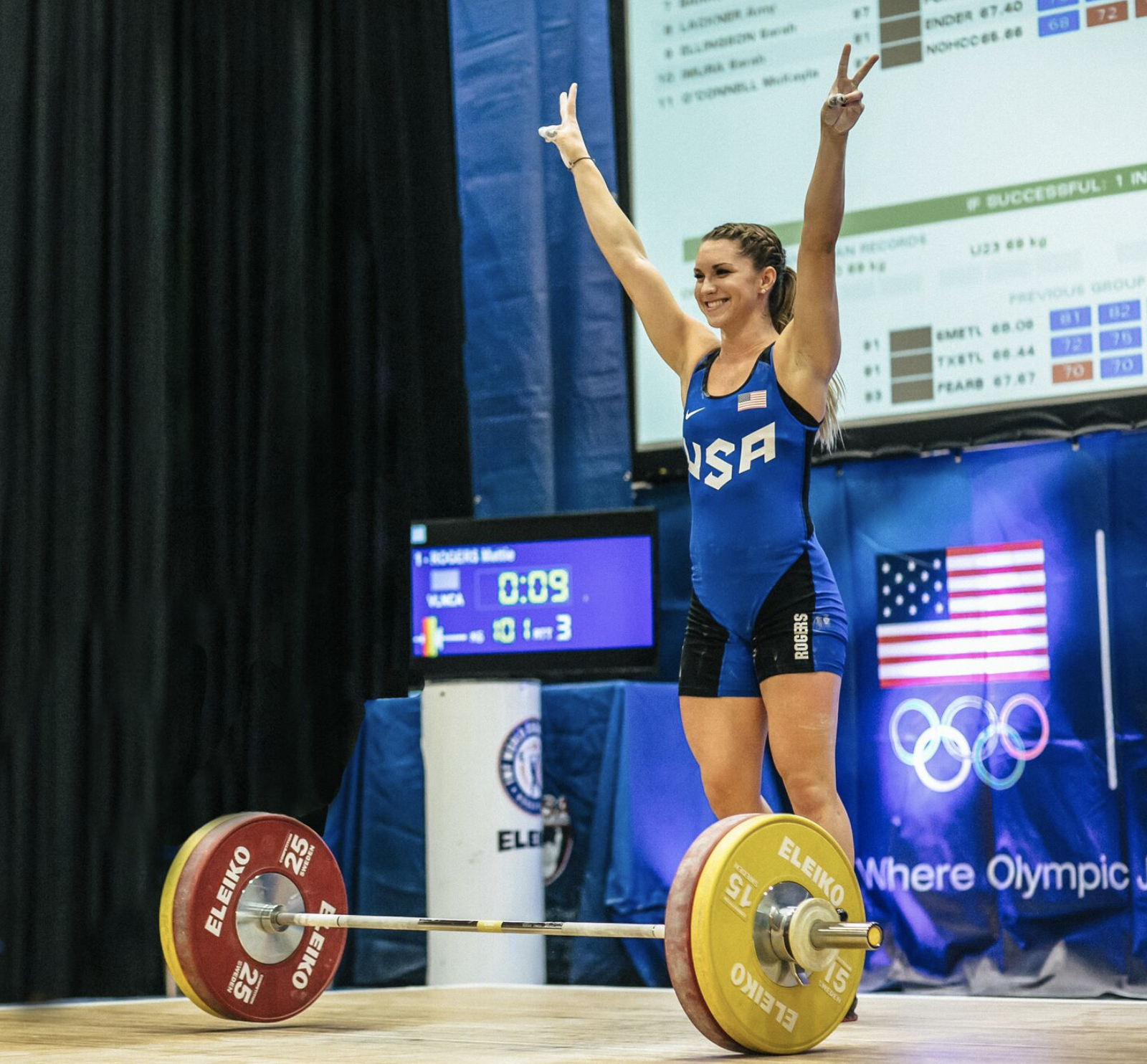What is Lactic Acid? When you exercise, your body uses oxygen to break down glucose for energy. During intense exercise, there may not be enough oxygen available to complete the process, so a substance called lactate is made. Your body can convert this lactate to energy without using oxygen. But this lactate or lactic acid can build up in your bloodstream faster than you can burn it off. The point when lactic acid starts to build up is called the lactate threshold.
Lactic Acid is made up of two ions, lactate and hydrogen, the build-up of the acidic hydrogen ion causes the pain and the problems. It decreases the pH in the muscle, causing the painful burn and cramps you experience during intense exercise. Balancing the effects of the positively charged hydrogen ion could allow athletes, especially track and field athletes, to train for longer, with improved athletic performance. Understanding how to increase endurance through proper training and potentially using lactic acid supplements can help manage this build-up, with greater intensity and a quicker recovery. It could also allow runners to maintain faster paces for longer durations.
How Does it Affect You During A Race?
The last 20% of the race when a runner would want their body to kick it into high gear Lactic Acid (Hydrogen Ions) is at its peak. At this point your muscle will send signals to slow down or stop what you are doing.
Extreme Endurance acts to buffer the hydrogen ions and decrease the damaging acid build-up. Research at The University of Louisiana in 2016 demonstrated impressive results after just ten days of supplementation. Participants on the independent, double blind, cross-over, placebo controlled trial showed:
-
26% reduction in Lactic Acid build-up
-
39% reduction in oxidative stress after exercise
-
6x reduction in Creatine Kinase levels, which is an indicator of muscle damage
This chemical data confirms that Extreme Endurance reduces muscle damage associated with exercise, helps speed-up recovery and potentially increase athletic performance. You will start to experience the benefits of Extreme Endurance 72hrs after you start using.

Photo feat. Georganne Moline at the Larry Wieczorek Invitational January 20th 2018 Moline took the Leading World Time in the 400m Indoor Race with 52.3s.









Leave a comment
This site is protected by hCaptcha and the hCaptcha Privacy Policy and Terms of Service apply.